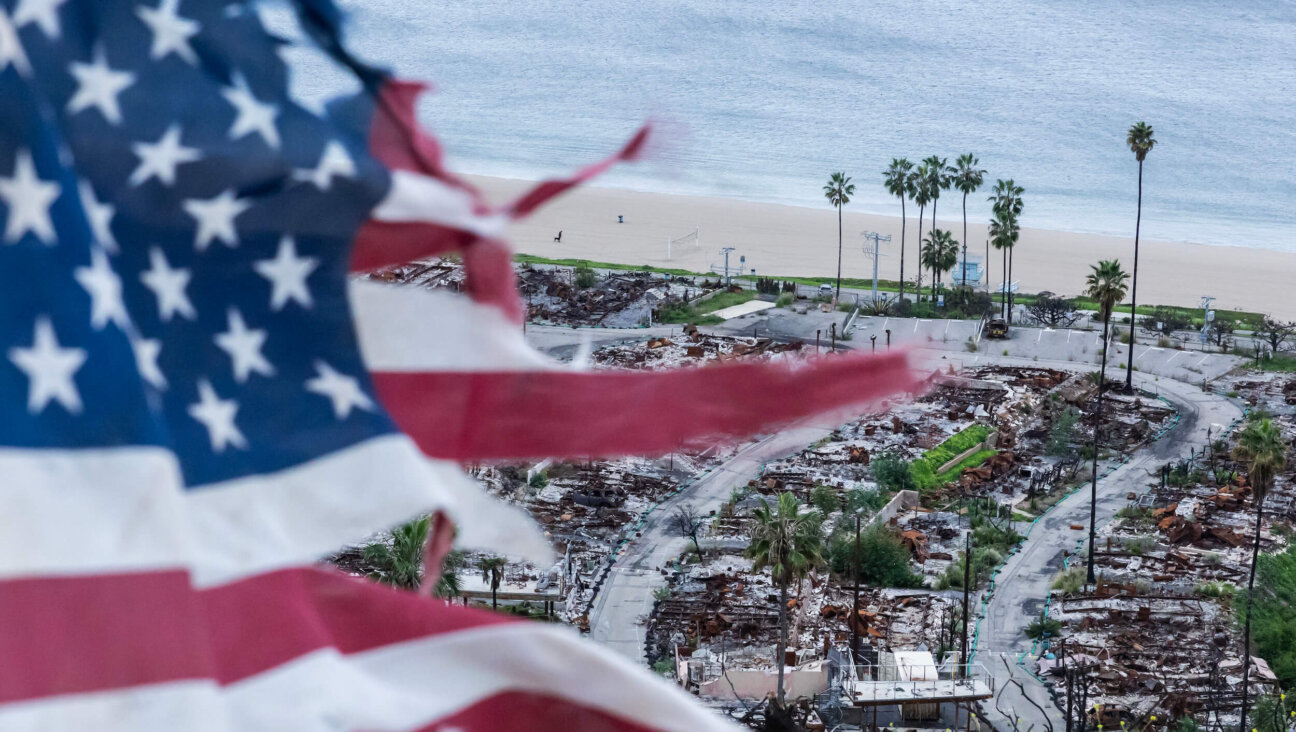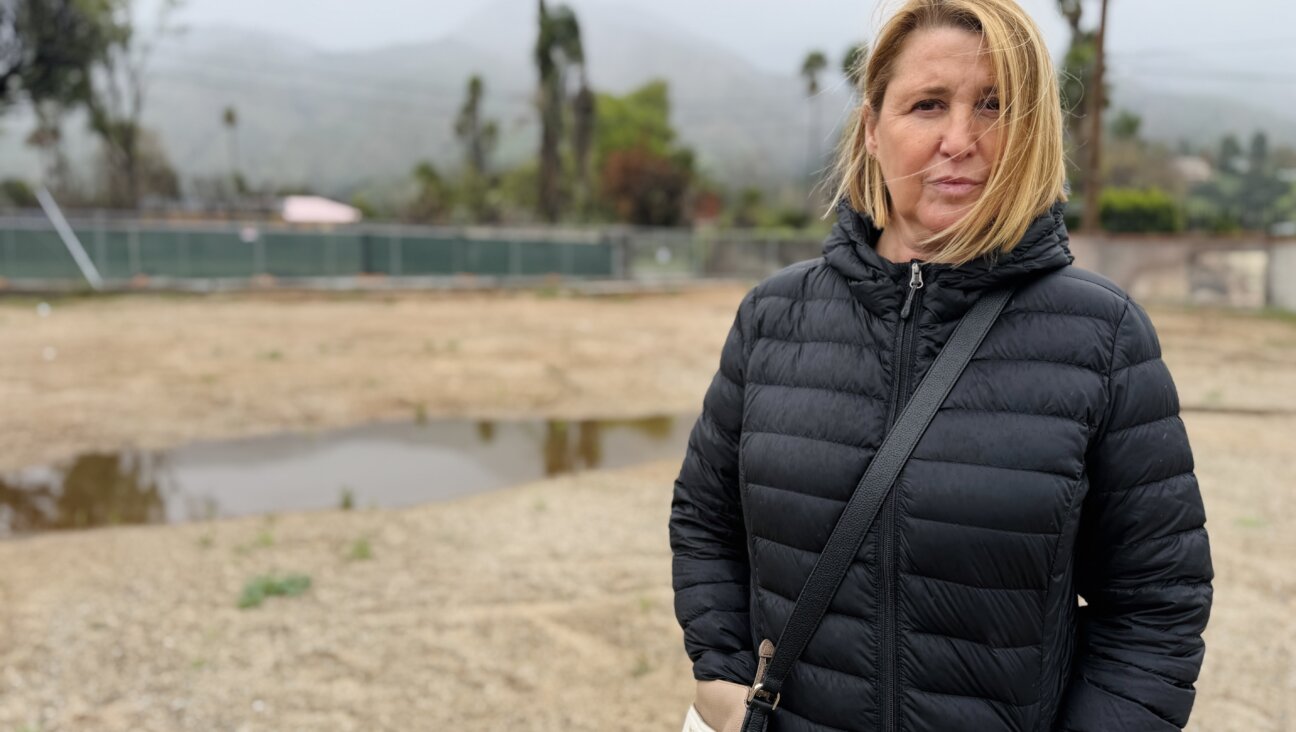The Fault in Faulting #BringBackOurBoys

Graphic by Angelie Zaslavsky
A #BringBackOurGirls rally in New York included Jordan Soffer (center), Rabbi Avi Weiss (left)
Sigal Samuel’s observation that the #BringBackOurBoys campaign is an “insensitive” appropriation of Nigeria’s #BringBackOurGirls does far more harm than good for advocates of both groups of innocent, young captives.
Instead of expressing solidarity at a time of distress, it invents, through mere speculation, a moral controversy that doesn’t exist. I’m not sure who’s on board with Samuel’s spontaneous moral pronouncement, “It’s wrong to capitalize on the virality of one nation’s desperate and grief-soaked social media plea in order to increase the virality of your own campaign,” but I’m not, and neither are the people who attended the #BringBackOurGirlsNyc rally at the Nigerian Consulate on Monday. Coming from a prayer service for the kidnapped boys, Rabbi Avi Weiss and several of his students from Yeshivat Chovevei Torah happened upon the rally at which Rabbi Weiss was then invited to speak, following Mayor de Blasio and Al Sharpton.
According to Jordan David Soffer, one of the YCT students, Rabbi Weiss “spoke about our commitment to stand up for each other. The girls in Nigeria and the boys in Israel, he said, will never be found, unless every person in the world sees them as their brother, sister, daughter or son. God created man singularly, so that no person can claim superiority over another human being.”
That is, in fact, the moral principle that underlies both campaigns, a principle not shared by the Islamic nationalist perpetrators of either crime. Incidentally, The Nigerian Voice even published Israeli Ambassador Uriel Palti’s editorial about the social media campaign.. Others who have written, tweeted or posted their sympathy for the families of the three boys have nothing to apologize for. They shouldn’t be made to feel that they do.
Surely I can’t disagree with Samuel’s wish “that we, as social media users, would be a little more aware of the damage we may cause with our own words when we insensitively hijack another nation’s tragedy to rally support and attention around our own tragic nightmare.” But her use of the term “hijack” in the context of Israel’s actions in response to its kidnapped children is pretty insensitive itself. Nor does it escape my notice that for Samuel, pro-Israel tweeters first “hijack” a hashtag, then pro-Palestinian tweeters simply “appropriate” it for their own purposes. I’m certain this wasn’t meant to cause offense, but there it is, in the words, buzzing around social media.
The deeper problem, of course, is in the picayune impulse to scold a society while it is in the midst of a trauma. You know, the kind of impulse that prevents many on the right from ever seeing Palestinian suffering. It’s an impulse that seems omnipresent in discussion and reaction in this conflict, and seems to be at play here.
Samuel “can understand that any Israeli social media maven would be tempted to draw a comparison between Nigeria’s kidnapped girls and Israel’s kidnapped boys…But that temptation should have been resisted.” I can think of another temptation worth resisting: finding fault even when there is none.















